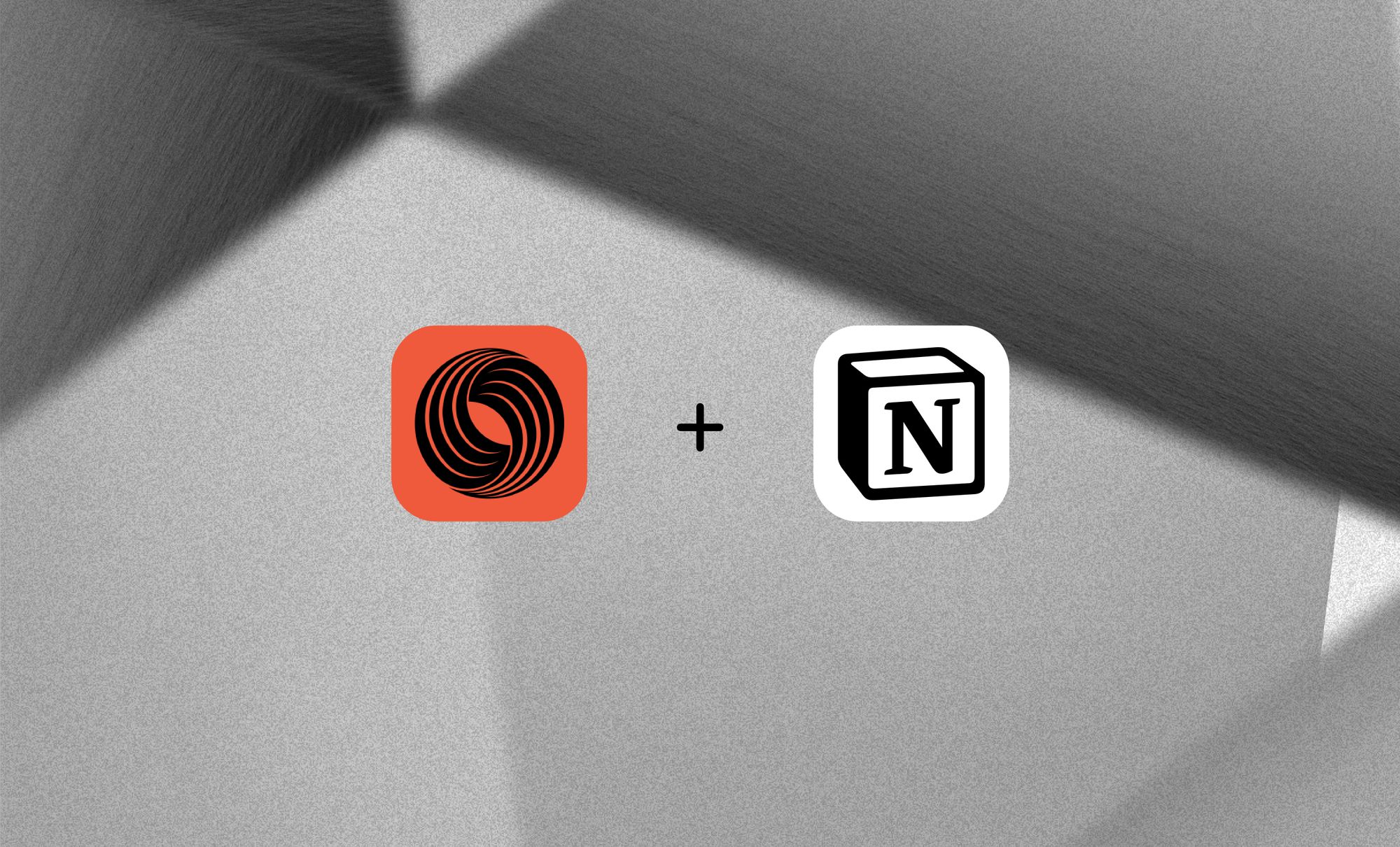Mission incomplete: Notion acquires Skiff
How Skiff sold its company, products, and values, why they are already onto a rough start, and what this acquisition means for Notion.

Notion is continuing its shopping-spree. After acquiring Automate.io in 2021, and Cron and Flowdash in 2022, Notion now adds Skiff, a platform that offers end-to-end encrypted file storage, docs, calendar events, and email, to its acquisition stack.
Skiff got founded by Stanford-graduates Andrew Milich (CEO) and Jason Ginsberg (CTO) back in 2020. After picking up a Pre Seed Round in September, 2020, the company raised a Seed Round in May, 2021 (adding 20 investors on their backs), and a Series A in March, 2022 lead by Sequoia Capital, bringing in a total of $14.2M (according to Crunchbase). I got excited when I stumbled across Skiff for the first time back in 2020. At that time, there were solely focusing on disrupting Google Docs by providing a privacy-focused and encrypted alternative. They focused on collaboration right from the beginning, to give people and teams the possibility to keep documents more safe and within user control more than any other platform. In the following two years, Skiff further developed its Google Doc competitor and turned it into Skiff Pages, which gave users the possibility to set up a privacy-focused and end-to-end encrypted workspace for notes, documents, and wikis. But besides that, Skiff extended their product offering with Mail, Calendar, and Drive, becoming a full-fledged GSuite alternative. In 2022, Skiff went through a weird Web3 excursion, integrating with crypto wallets and adding features like using your NFTs as profile images (yeah, I know, solving the real user problems here).
At this point, I knew that I might will continue to follow Skiff’s development out of interest, but never become a user. Although, I dived into the Web3 world, read a bunch of stuff, I never really saw the future the same way those crypto-bros saw it. So, I might have been too dumb to understand it, or the other side was just delusional. Reading through Molly White’s Web3 is Going Just Great project, highlighting how things in the blockchains/crypto/web3 technology space are not going as well as its proponents might like you to believe, gives the appearance that I might have been not as dumb as I thought.
But there is another, more important reason, why I have never tried out Skiff or became a user of their productivity suite. That reason is Balaji Srinivasan, being an investor in the company. If you do not know Balaji Srinivasan, good for you, as he is a venture capitalist who created his net-worth by selling a genetics company he founded, becoming a partner at Andreessen Horowitz (the VC firm co-founded by Marc Andreessen who has continuously delivered controversial statements on the Black Lives Matter movement, diversity in tech, and being constantly in the news, but not for the good) being interim CTO at Coinbase (yeah, crypto), but besides that he also suggested doxxing a journalist who reported on narratives he did not like, and makes weird bets about Bitcoin, just to end up losing them. You might think I am crazy. You might ask yourself why I care about that kind of stuff. It might sound crazy to factor those things in when deciding whether to use an app or not, but let me tell you, a company claiming to building towards the mission to bring freedom to the internet, having a dedicated focus on privacy, encryption, being open source, and the ethical alternative to Google, but still accepting money from people who, based on their previous actions, do not care at all about those values, does matter, like a lot.
I do not want to support those kind of companies. Using their products and buying a subscription directly equals to supporting them, but not only that, it is also supporting the folks who have poured money into the company previously. I can not square that with my conscience, which is the reason I am always on the hunt for ethical companies, companies which are not striving for millions of revenue, but rather just being a calm company with a sustainable business.
So, what is Notion’s interest that led to the acquisition of Skiff? They are probably not interested in Skiff’s 2 million users (Warning: this is a link to X, use at your own risk), as the data and accounts will not migrated to Notion. But, Notion racked up almost $350m of funding spread across six rounds and 35 investors. Guess what, those 35 investors want to see a return of their investment, they want to make money from it, as much as possible. With a valuation of $10b and more than 20m users (according to a report from 2021), the company needs to deliver. They either need to exit or go public to satisfy the VC on their backs. There are not that many companies which could potentially manage such an exit, therefore it feels like going public is more of a “straightforward” approach. But, would it make sense to go public with Notion’s current product offering? I would say now. Would it make sense to go public with the offer of a full-fledged productivity suite, including notes, docs, databases, calendar, todos, email, and drive, becoming very much a Google competitor, but with a way better design, way better features, and backed by millennials and Gen-Z? I would say yes. Does this acquisition mean Notion is signifying a pivotal step in bolstering privacy-focused features? I would hope so.
What this is all about got shown quickly as Steph Ango, CEO of Obsidian, pointed out on X that the code of Skiff had been taken down shortly after the news about the acquisition arose. The Skiff social media team joined in on the discussion and mentioned that Skiff’s code remains accessible, and urged Steph Ango to correct his original post, since misleading or false posts are contributing to doxxing and harassment. They mentioned that the repository was made temporarily private to remove issues, discussions, and other features which were used for harassment. But as users pointed out in the comments, turning of issues and discussions for repos can be achieved without turning the repo private. While there is no confirmation, I share the assumptions of some comments that this feels like taking the repos private was an intentional action, but as Skiff realized people started posting and raging about it, they decided to put it back, and justify it with some weak reasons.
Onto a rough start.
Skiff and its products will shut down in six months from now, leaving users with the task to find alternatives for their products.
Selling your productivity suite of privacy-focused and end-to-end products, claiming to fight against big tech and disrupting Google as they are spying on their users, to a company like Notion, kind of draws the image that it was never about being privacy-first, open source, and ethical, it feels like it was more about the money. Skiff’s mission was to bring freedom to the internet, but that mission now ended, incomplete.
Till next time! 👋
Support: Do you have a friend who is looking for inspiration, news about design, and useful tools and apps? Forward this newsletter to a friend or simply share this issue and show some support. You can also show some love by simply clicking the button down below and keep this newsletter a sustainable side-project by buying me a coffee. ☕️ 🥰




Discussion